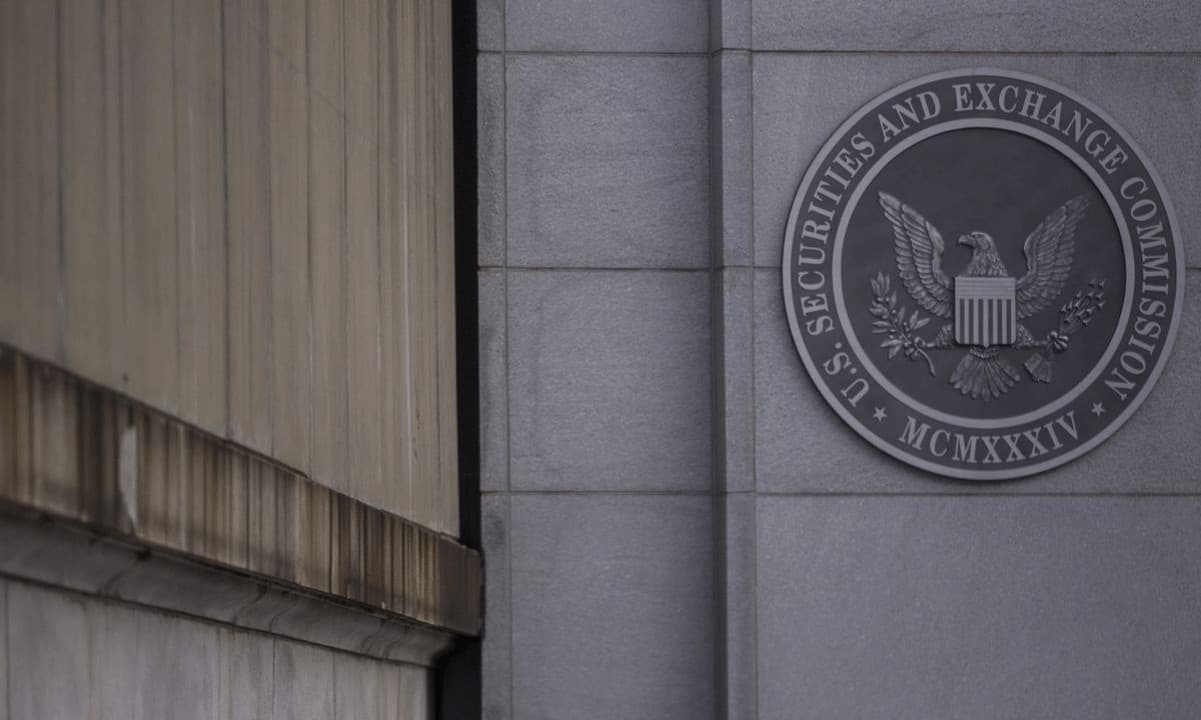The U.S. Securities and Exchange Commission’s (SEC) Director of Enforcement, Gurbir Grewal, has announced his resignation, effective October 11, 2024.
His sudden exit comes at a critical moment for the regulator, as it is filing an appeal in its high-profile case against Ripple.
Grewal Leaving as SEC Appeals Ripple Decision
The departure was announced in an October 2 press statement by the agency, with Chair Gary Gensler describing Grewal as an “accomplished public servant.”
The SEC also named Sanjay Wadhwa, the current Deputy Director and a 21-year stalwart of the Commission, as the interim replacement.
Sam Waldon, the Enforcement Division’s Chief Counsel, will take up Wadhwa’s position until a substantive replacement can be found.
With only nine days’ notice, Grewal’s sudden exit has raised eyebrows among legal experts and crypto commentators. Chief among them was prominent crypto lawyer Jake Chervinsky, who took to X to voice his concern about the timing of the director’s leaving. Calling it “not normal.”
Chervinsky suggested that it could signal the end of the SEC’s “campaign of unlawful harassment and misrepresentation.”
Grewal reportedly resigned only hours before the SEC filed a notice of appeal in its case against Ripple.
As Fox reporter Eleanor Terrett noted, the notice does not explicitly state which issues the Commission plans to appeal. It could contest the ruling on Ripple’s programmatic sales of its native XRP token, the amount the company was ordered to pay for breaching the law on institutional sales, or even both.
Legal Minds React to SEC Appeal
Regardless of its intentions, the appeal has drawn sharp criticism from other legal experts in the space. In a September 3 post on X, Jeremy Hogan, a lawyer closely following the Ripple case, labeled it a “big mistake.” He suggested the move held more risks than benefits.
He noted that, statistically, the SEC is more likely to lose the appeal, especially given the “fact-heavy” nature of Judge Torres’ original ruling.
However, the attorney pointed out that even if the SEC ultimately wins, it would only result in more financial penalties for Ripple without offering additional investor protection.
He also suggested that the crypto payments company could raise its “Blue Sky” law defense, leveraging state securities laws that predate federal regulations. If successful, Hogan feels the gambit could significantly weaken the SEC’s regulatory powers over the broader crypto market.

